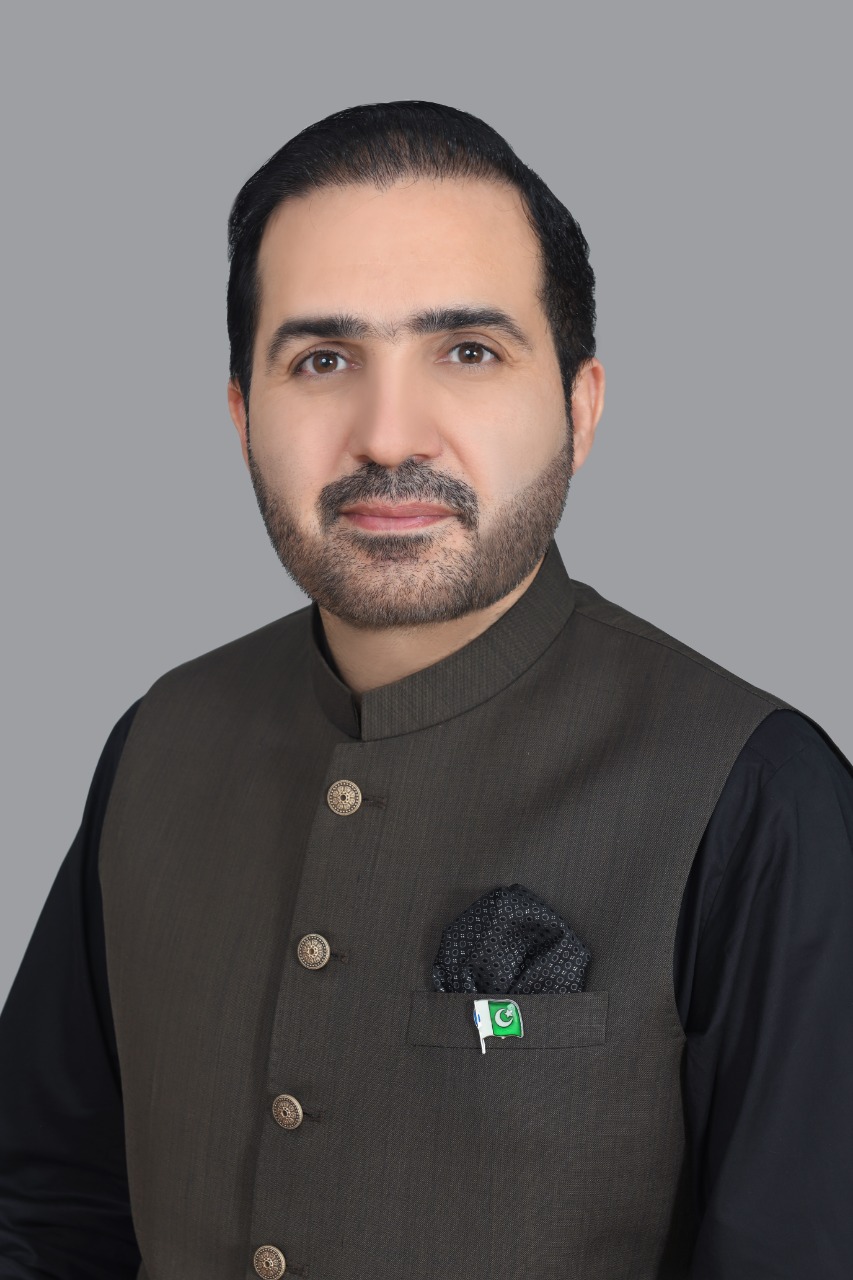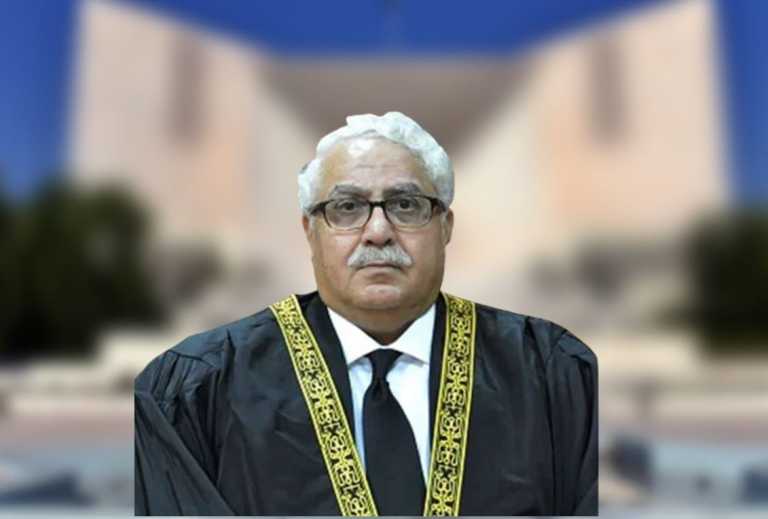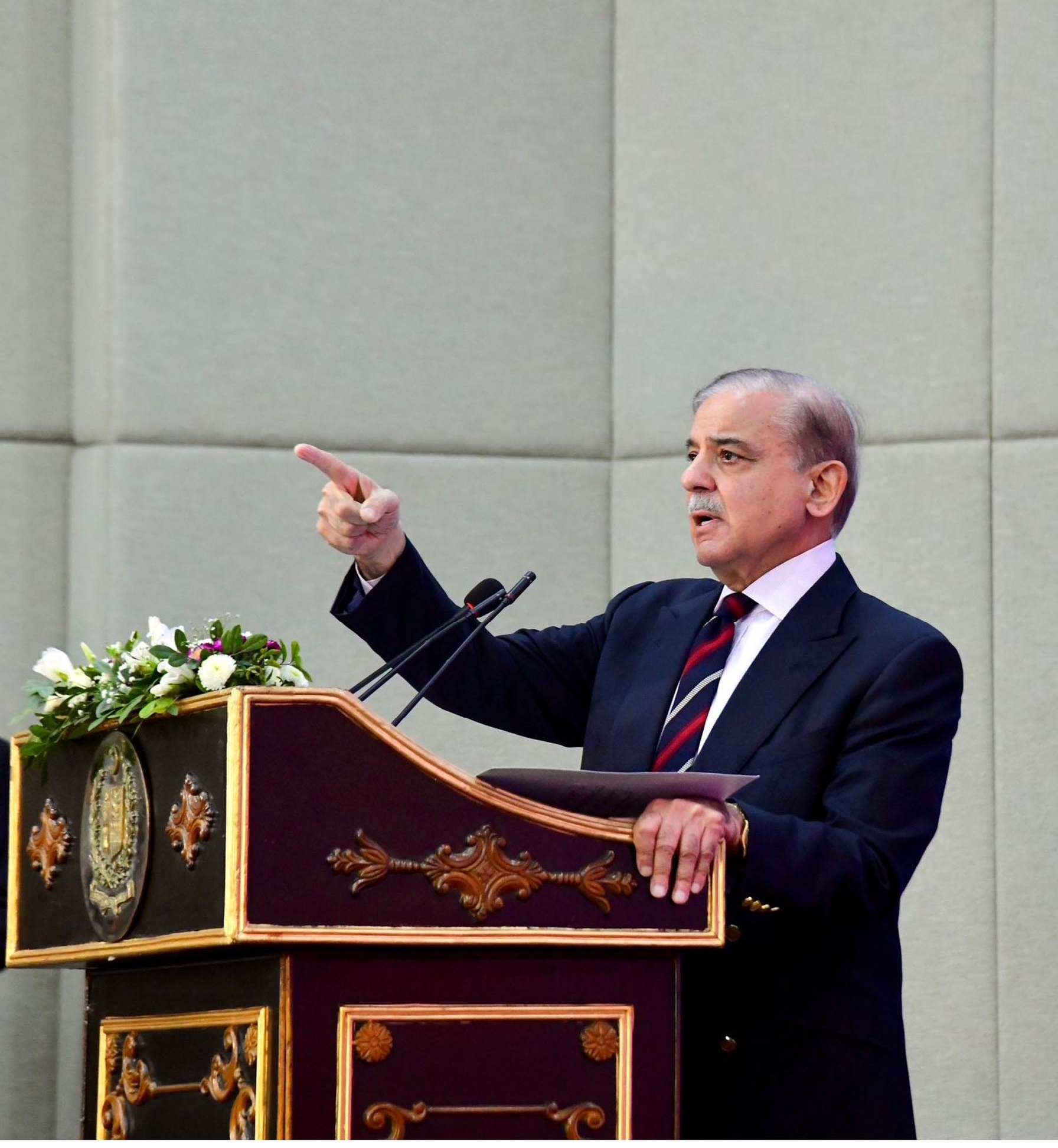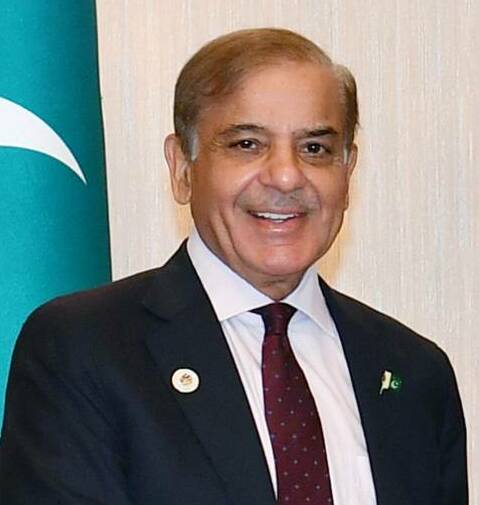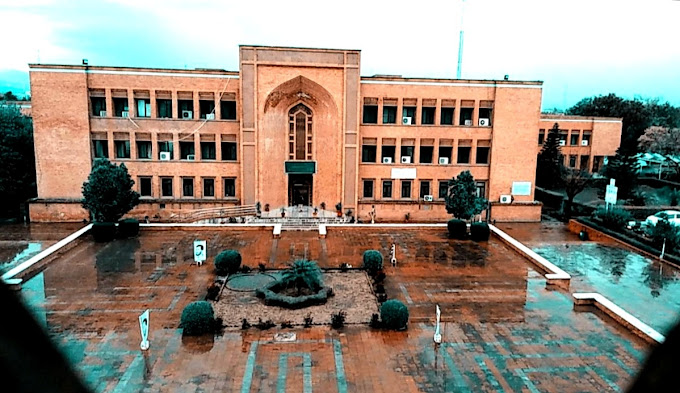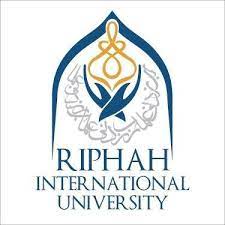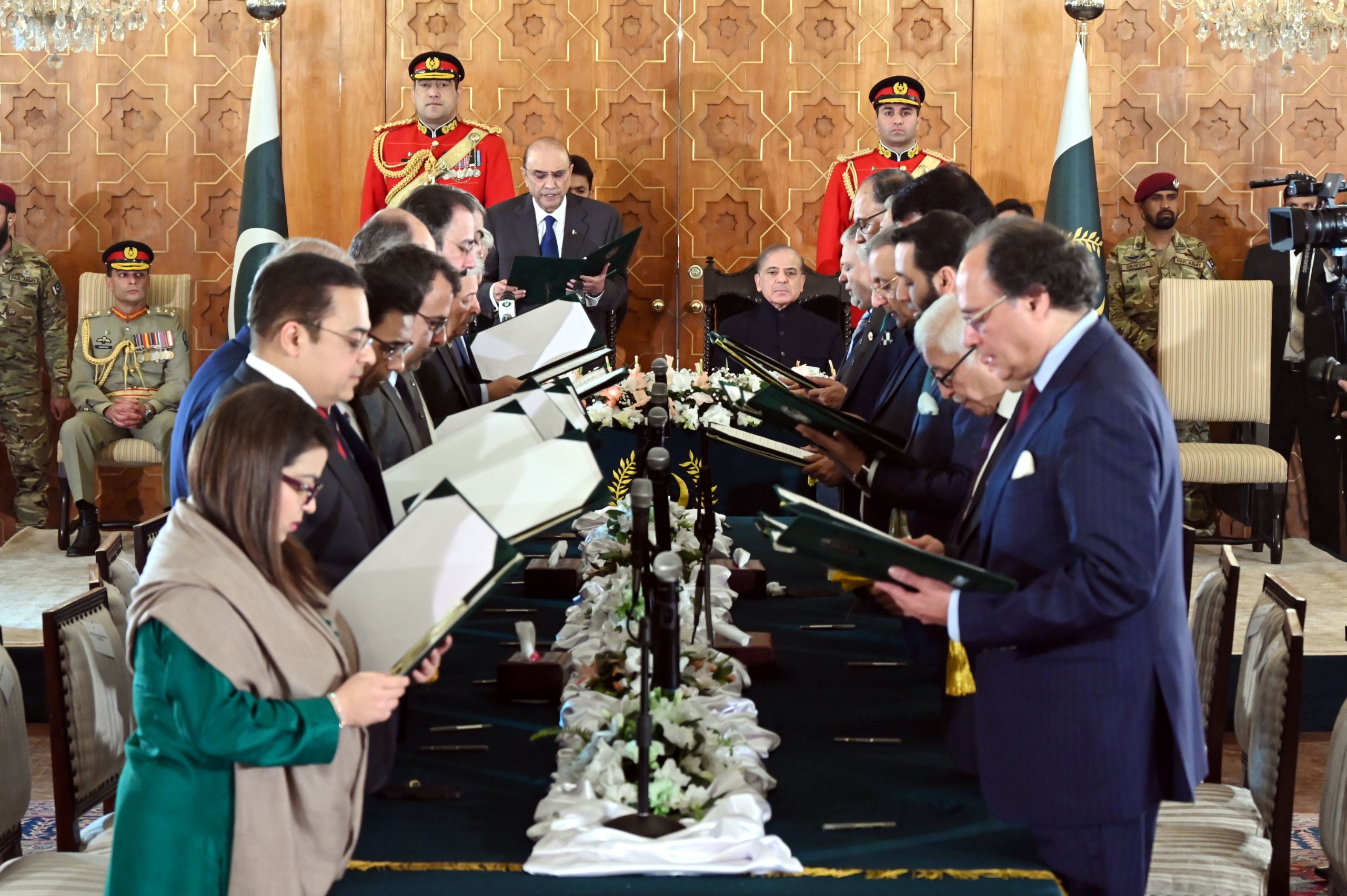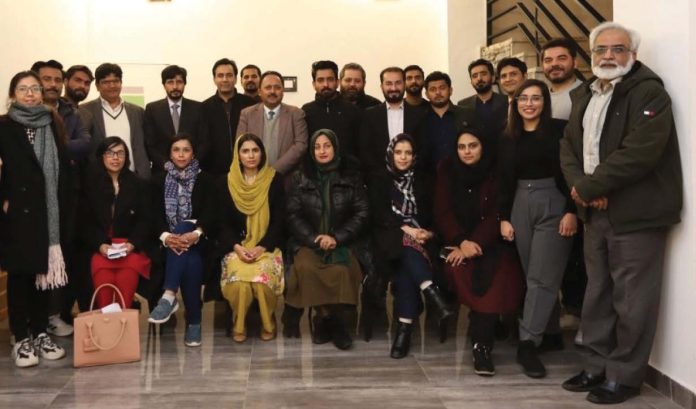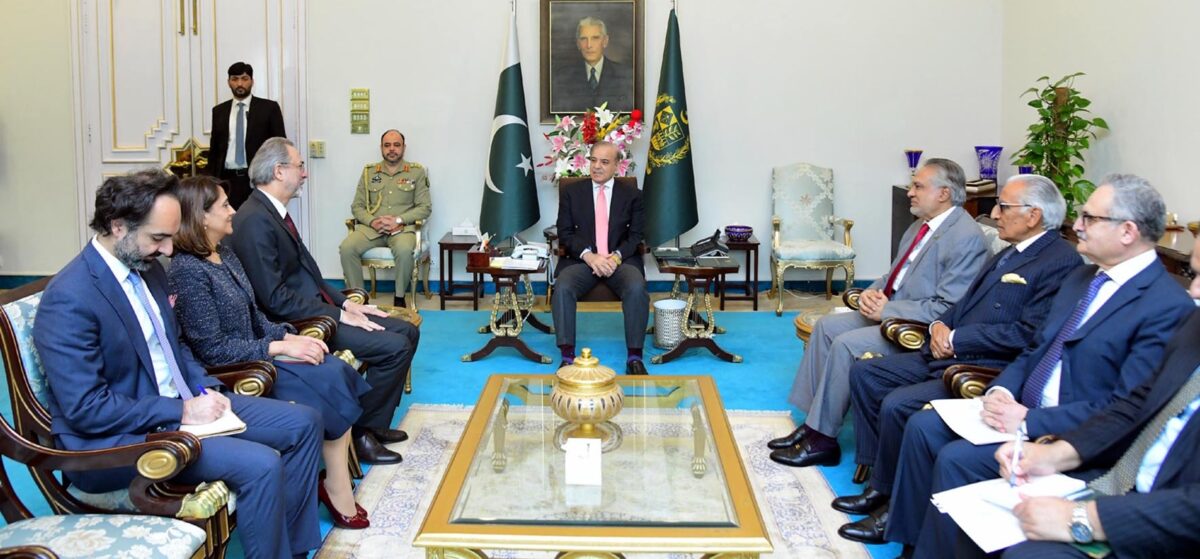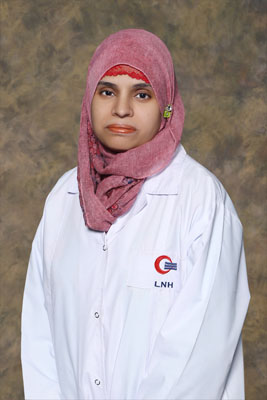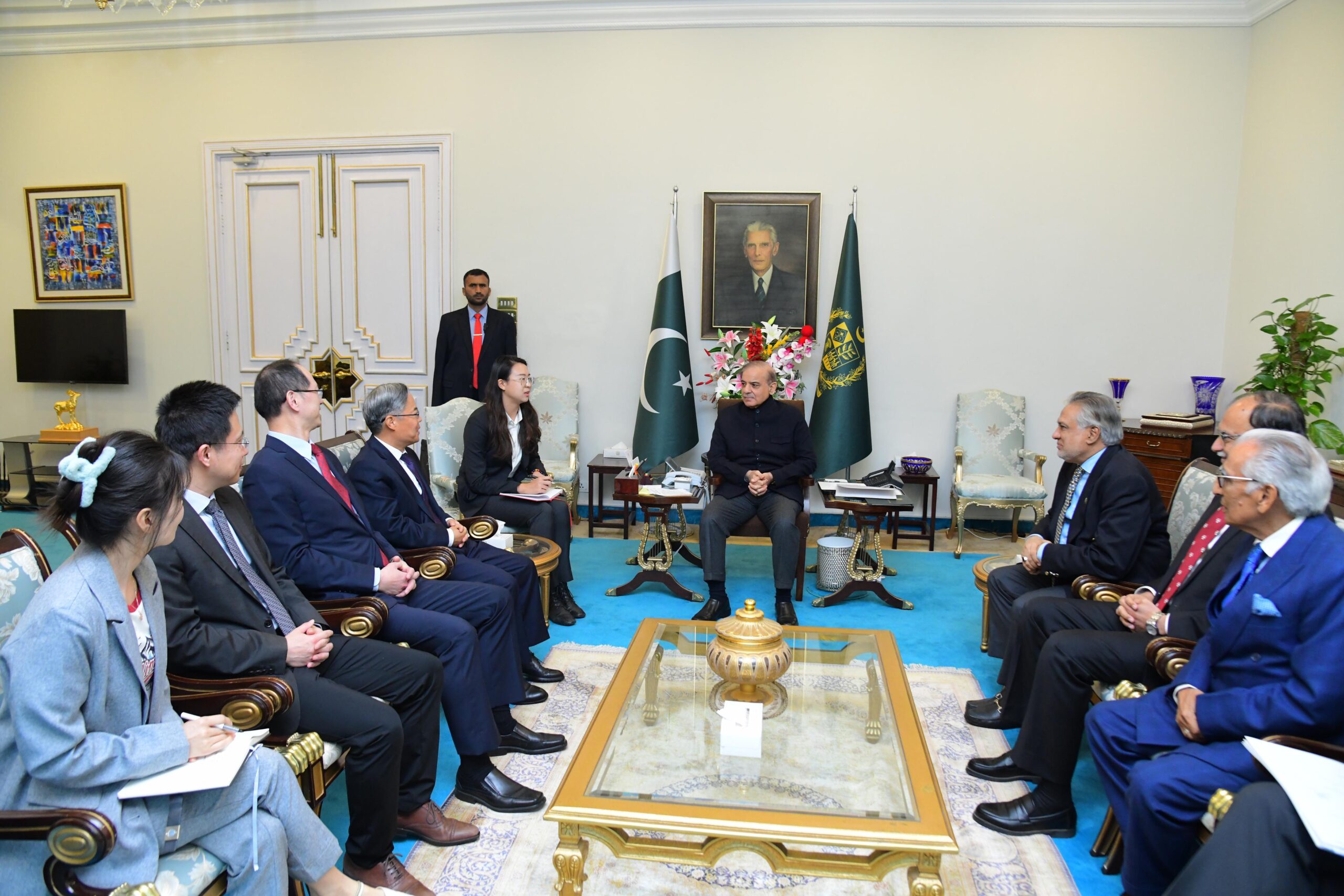ISLAMABAD, Mar 28 (APP): Minister for Planning, Development and Special Initiatives Ahsan Iqbal on Thursday said the recognition of Pakistan Medical and Dental Council (PM&DC) by the World Federation for Medical Education was a testament to Pakistan’s commitment to excellence in healthcare and medical education.
“An effective healthcare system’s greatest indicator is to ensure that all citizens, despite their socioeconomic background, get the best available health facilities in a timely, acceptable, affordable, and accessible manner,” he said while addressing a ceremony held to commemorate a significant milestone in the history of medical education and healthcare in Pakistan.
The minister commended the collective efforts of healthcare professionals, educators, policymakers and stakeholders who tirelessly worked towards enhancing the standards of medical education and healthcare delivery in Pakistan, a news release said.
Highlighting the notable progress of Pakistan’s healthcare sector over the past decade, the minister shared that 3.5 percent increase in life expectancy from 2005 to 2019 was recorded.
In the area of infant mortality, he said a 15 percent decline was recorded from 2000 to 2019, with an infant mortality rate of 58 per 1,000 live births.
Remarkable increase was also marked in the number of healthcare facilities, which grew up to 20 & from 2007 to 2017, resulting in a total of 7,089 healthcare facilities.
Ahsan Iqbal emphasized that a concerted effort from all stakeholders was required to achieve the country’s roadmap for health, which aimed to bridge disparities in healthcare access among poor, expand healthcare services and make universal healthcare a possibility for every citizen.
“Doctors play a critical role in strengthening can advocate for increased government funding and improved working conditions in public health facilities,” the minister stated.
One of the foremost challenges is to reduce disparities in healthcare access across all socioeconomic groups, as evidenced by the fact that the poorest 20 percent of the population use only 13 percent of healthcare services.
Citing examples from developed countries, the minister urged Pakistani to take lessons from Singapore and Japan for prioritizing preventative measures, Norway and Estonia for using telemedicine, Canada and New Zealand for drug price negotiation with pharmaceutical companies, and Germany and Switzerland for mandatory health insurance for all citizens.
Pakistan’s commitment to address healthcare challenges, such as rural healthcare, health equity, and medical professional shortages, stems from an urgent need to transform the existing healthcare system.
The minister expressed confidence in government’s dedication to follow a carefully planned approach that will ensure awareness building, access enhancement, and data usage for health related decisions.
He congratulated PMDC on being accredited by World Federation for Medical Education and subsequently paving a brighter future for medical education in Pakistan.
مضمون کا ماخذ : موبائل سے لاٹری کھیلیں
